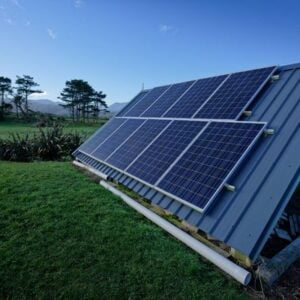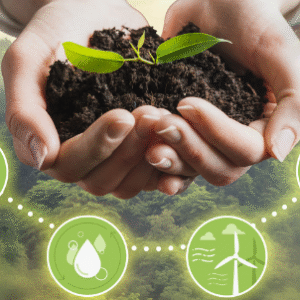The African Development Bank Group’s Board of Directors has approved an emergency grant of $62.13 million for the Sudan Integrated Social Sector Infrastructure Rehabilitation Project (SISSIRP). The grant is aimed at restoring essential public services—specifically in health, education, and water—in areas severely impacted by Sudan’s ongoing civil conflict, which began in 2023. This funding represents a critical intervention to address the breakdown of key infrastructure due to the crisis.
The financial package was approved on 11 July 2025 and includes $44.57 million from Pillar 1 of the Transition Support Facility and $17.56 million from the African Development Fund, the concessional financing window of the Bank dedicated to low-income countries. These funds will support the urgent rehabilitation of social infrastructure in regions most affected by the conflict.
Sudan is currently grappling with one of the world’s most severe humanitarian crises, with around 30.6 million people requiring urgent aid. Among them are 11.5 million internally displaced individuals—more than half of whom are women. The conflict has caused widespread destruction of schools, health facilities, and water systems, aggravating poverty, increasing inequalities, and limiting access to essential services.
According to Mary Monyau, the Bank’s Country Manager for Sudan, the project marks a significant step in addressing both immediate humanitarian needs and long-term recovery. She emphasized the importance of restoring access to clean water, healthcare, and essential infrastructure in fostering resilience and rebuilding affected communities.
Set to run from 2025 to 2027, the SISSIRP will target four Sudanese states—Aj Jazira, River Nile, Sennar, and White Nile. The project will rehabilitate and enhance social sector services with the goal of improving the overall well-being of the population in those regions.
The project is structured around three key components: first, the rehabilitation of critical health, education, and WASH (water, sanitation, and hygiene) infrastructure; second, the strengthening of institutional and community capacities for sustained service delivery; and third, ensuring good governance and robust implementation mechanisms to maintain transparency and equitable access.
The SISSIRP is closely aligned with the African Development Bank’s extended Country Brief for Sudan and contributes to its Ten-Year Strategy (2024–2033). It also supports the Bank’s “High 5” development priorities—particularly the goal of improving the quality of life for the people of Africa—and advances themes such as access to clean drinking water, essential health services, and youth inclusion in education, employment, and training.







